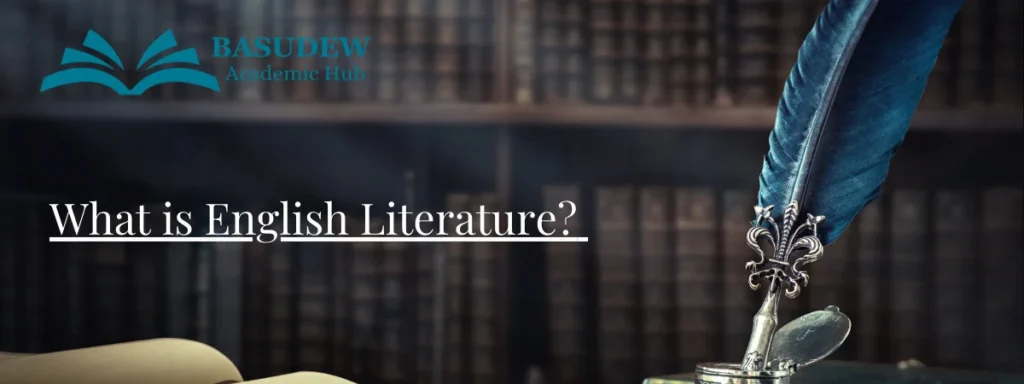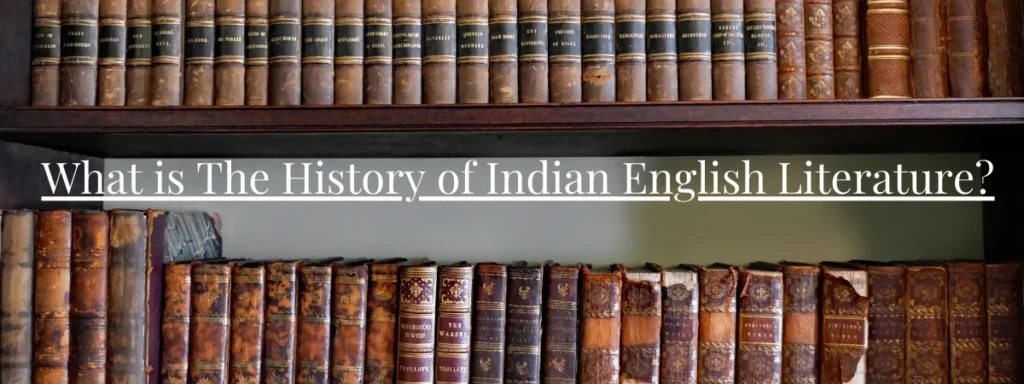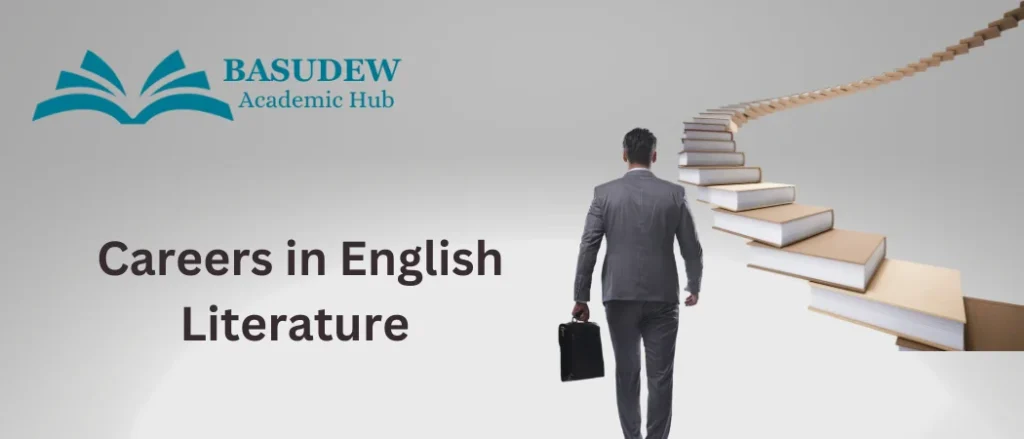In the vast tapestry of literature, threads of ancient mythology are intricately woven, creating a rich and enduring pattern that transcends time. Modern literature, while often rooted in contemporary themes, owes much of its depth and complexity to the age-old tales of gods, heroes, and mythical creatures. This blog aims to delve into the profound impact of mythology on modern literature, exploring how writers draw inspiration from ancient stories to craft narratives that resonate with contemporary audiences.
Mythology as a Source of Archetypes:
One of the most significant ways mythology influences modern literature is through the archetypes it provides. Archetypal characters, such as the hero, the mentor, and the trickster, find their origins in myths from various cultures. Authors use these timeless characters as templates, infusing their stories with universal themes and resonant symbols that connect with readers on a profound level.
The Hero’s Journey:
Joseph Campbell’s concept of the Hero’s Journey, derived from the study of world mythology, has become a fundamental framework for many modern narratives. From J.K. Rowling’s Harry Potter to J.R.R. Tolkien’s Frodo Baggins, authors frequently incorporate the stages of the Hero’s Journey into their storytelling. This mythical structure allows writers to explore personal growth, self-discovery, and triumph over adversity in a way that captivates audiences across cultures.
Mythical Motifs and Symbolism:
One of the most significant ways mythology influences modern English literature is through the archetypes it provides. Archetypal characters, such as the hero, the mentor, and the trickster, find their origins in myths from various cultures. English authors use these timeless characters as templates, infusing their stories with universal themes and resonant symbols that connect with readers on a profound level.
Reinterpretations and Retellings:
Authors often engage in the reinterpretation and retelling of ancient myths, breathing new life into timeless tales. Madeline Miller’s “Circe” and Neil Gaiman’s “Norse Mythology” are examples of modern works that reimagine classical myths from fresh perspectives. These adaptations not only introduce mythology to new audiences but also demonstrate its enduring relevance and adaptability to contemporary themes.
Conclusion:
As modern literature continues to evolve, the influence of mythology remains a potent force, providing writers with a rich tapestry of archetypes, themes, and symbols to explore. The enduring appeal of mythical elements in literature underscores the timeless nature of human experiences and the profound impact that ancient stories still wield in shaping the narratives of today. In weaving mythology into their tales, authors bridge the gap between the ancient and the modern, creating a literary landscape that resonates with the echoes of ages past.





